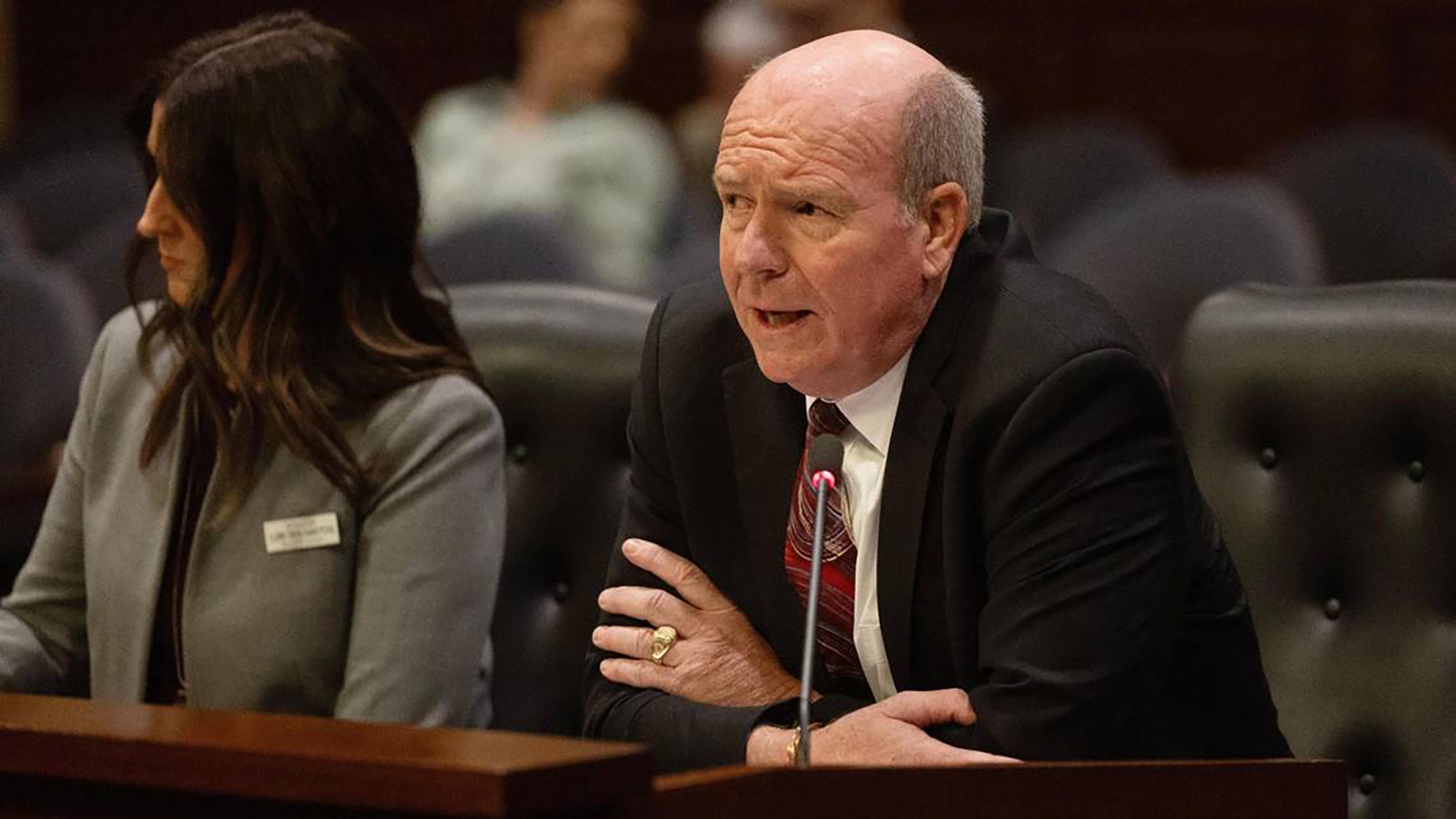United States
Proposed Idaho state law could make some lies a felony crime with prison time

In Idaho, a proposed bill aims to criminalize the act of knowingly spreading false information about someone, categorizing it as a felony. Introduced by House Speaker Mike Moyle, the bill seeks to address the issue of malicious lies by imposing severe penalties, including up to five years in prison and a $100,000 fine. The legislation defines “actual malice” as knowingly spreading a falsehood or acting with reckless disregard for the truth. This concept is illustrated by the example of falsely yelling “fire” in a crowded room, a scenario drawn from legal precedent to highlight the potential harm of such acts.
The bill expands the definition of “publish” to include any form of communication, making it applicable to a wide range of situations. Proponents argue that this measure is necessary to protect individuals from harm caused by false statements, aligning with the idea that the First Amendment does not shield malicious lies. The proposed law allows state officials to pursue prosecutions, particularly when false statements target elected officials or state employees in their official capacities. Additionally, those convicted would be required to provide restitution to affected parties.
However, concerns about First Amendment implications are significant. Critics, including Representative Bruce Skaug, worry that criminalizing lies could overwhelm the justice system and potentially chill free speech. The current Idaho libel law already addresses malicious defamation, albeit with less severe penalties, raising questions about the necessity and constitutionality of the new bill. Legal analysts will play a crucial role in assessing these concerns as the bill moves forward.
Recent high-profile defamation cases, such as those involving MSNBC, CNN, and George Stephanopoulos, highlight the growing trend of significant consequences for false statements, which may have inspired this legislation. These cases underscore the balance required between protecting reputations and preserving free speech.
The potential impact on everyday citizens is another consideration. The fear of legal repercussions could inhibit free expression, as individuals might hesitate to voice opinions for fear of being accused of lying. Determining “actual malice” adds another layer of complexity, as it involves subjective assessments that could lead to misuse of the law.
In conclusion, while the bill aims to protect individuals from harm caused by malicious lies, it raises important questions about free speech, enforcement, and the potential for abuse. The legal analysis and subsequent debates will be critical in determining the bill’s fate and its implications for Idaho’s residents.


















